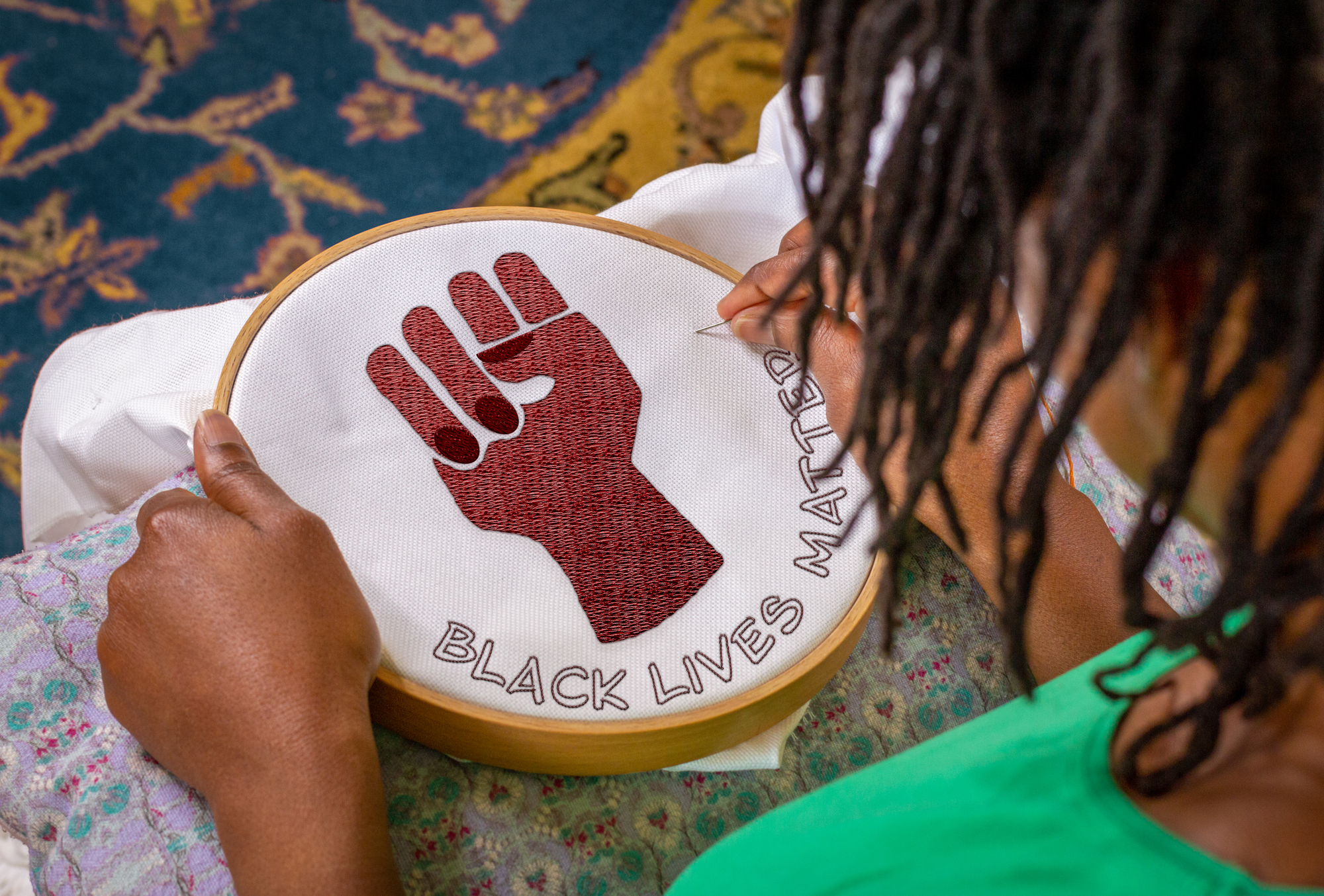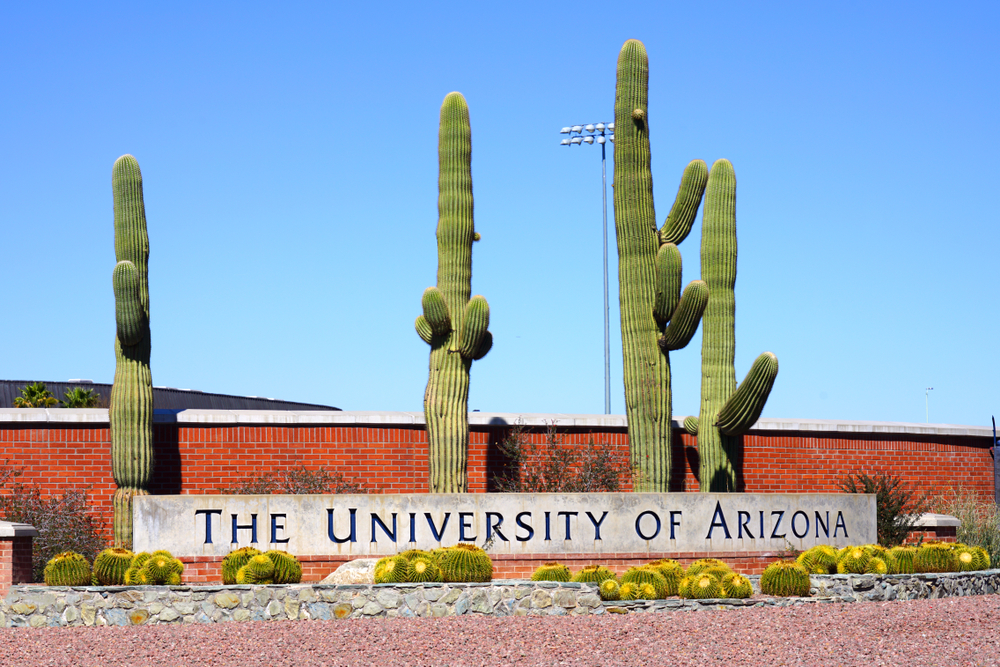
About a year ago, the Andrew W. Mellon Foundation appointed a new president, acclaimed poet Elizabeth Alexander, and philanthropy bloggers immediately began reading the tea leaves. How would Alexander steer the $6.3 billion grantmaker in a philanthropic climate where the liberal arts are under siege and funders remain committed to combating inequality?
It still remains to be seen how, exactly, Alexander will put her stamp on the foundation. When she took over, Alexander said she didn’t envision making “any immediate changes” to Mellon’s grantmaking strategy. And so far, she hasn’t, at least that we know of. Notable gifts have included $1.8 million in support over four years to the National Alliance for Audition Support, focused on helping more African-American and Hispanic musicians audition for and land orchestra jobs.
A more recent gift finds Mellon bolstering the field of poetry, a cause near to Alexander’s heart. The foundation awarded $2.2 million to the Academy of American Poets, by far the largest donation Mellon has made in this space. The funds are divided into two grants. The first will start a new fellowship program to support poets laureate of states, cities, U.S. territories or tribal nations across the country. (Click here for more information and to apply; applications opened on January 15.) In April, the Academy of American Poets will bestow 10 to 20 fellowships that will range from $50,000 to $100,000 each.
The fellowship will fund creative programs during the poets’ terms. “It recognizes their own brilliance as poets and their ability to bring forward into communities the value of poetry,” Alexander said.
The second grant will fund the Poetry Coalition, a national alliance of more than 20 poetry organizations, several of which are nonprofits. The funding will support the coalition’s work over the next four years and create a pilot fellowship program that will offer part-time, paid positions at select organizations.
Alexander is the author of six books of poetry, including American Sublime, a finalist for the 2005 Pulitzer Prize. In 2009, she wrote and recited an original poem, “Praise Song for the Day,” at the inauguration of President Barack Obama, becoming the fourth-ever poet to read at a presidential inauguration. If anyone understands the obstacles facing poets in this current philanthropic and economic environment, it’s Alexander.
“Philanthropy hasn’t done a lot for poetry,” she said. “But on the other hand, poetry survives no matter what.”
She’s right on both points. Regarding philanthropy, while the funding space includes the Foundation for Contemporary Arts, the Chicago-based Poetry Foundation, and even the occasional alumnus donor, the collective allotment is meager compared with the millions flowing to visual artists, museums and performing arts organizations.
And regarding poetry’s survival, a closer look at Mellon’s gift illustrates how the funder hopes to ensure exactly that. Funding for the Poetry Coalition, for instance, is being earmarked to solidify and expand the Poetry Coalition’s organizational infrastructure. Similarly, consider this excerpt from the Academy of American Poets’ eligibility page:
The Academy of American Poets Laureate Fellowships are $50,000 to $100,000 awards given to honor poets of literary merit appointed to serve in civic positions and to enable them to undertake meaningful, impactful and innovative projects that engage their fellow residents, including youth, with poetry, helping to address issues important to their communities.
By dropping buzzwords like “impactful,” “engage,” and “issues,” the fellowship criteria echoes an arts philanthropy zeitgeist in which the arts are seen as a way to drive meaningful social change. The verbiage also aligns with our initial predictions regarding Alexander’s tenure. Remember: Alexander joined the Ford Foundation in 2015, and had been instrumental in some of the changes at the foundation, particularly in its focus on addressing social challenges and inequality. As director of Ford’s Creativity and Free Expression program, she shaped the foundation’s Art of Change fellowships and Agnes Gund’s Art for Justice initiative.
As it turned out, the Gund initiative’s first round of grantmaking, announced a couple of months before Mellon named Alexander its new president, focused extensively on the written word. One of the 30 grant recipients, the University of Arizona Poetry Center, received a $500,000 grant for a three-year project to commission new work from leading writers in conversation with the crisis of mass incarceration.
Arts and humanities philanthropy can spur “profound systems change” when done right, Alexander told the Chronicle of Philanthropy’s Alex Daniels after landing the Mellon job. “What voices haven’t we heard? What brilliance has been marginalized or neglected?” she asked. “Once that’s been identified, we’re sharing it. That’s a social-justice orientation.”
The new gift came during a very busy January that found Mellon navigating familiar grantmaking terrain. Mellon, along with the Alice L. Walton and Ford Foundations, provided funding to the American Alliance of Museums to diversify museum boards and leadership. It awarded a $580,000 grant to the Massachusetts-based Williamstown Art Conservation Center to advance its conservation work. And it gave $2 million to the New York City Dance Rehearsal Space Subsidy Program.
Meanwhile, Mellon’s big poetry gift suggests that while “poetry survives no matter what,” its survival is contingent on a strong national infrastructure and the ability to adapt to changing times. By viewing the field as a vehicle to address issues important to poets’ communities, the gift aligns with Alexander’s interest in using arts and cultural grantmaking to advance social justice.


.jpg)



























